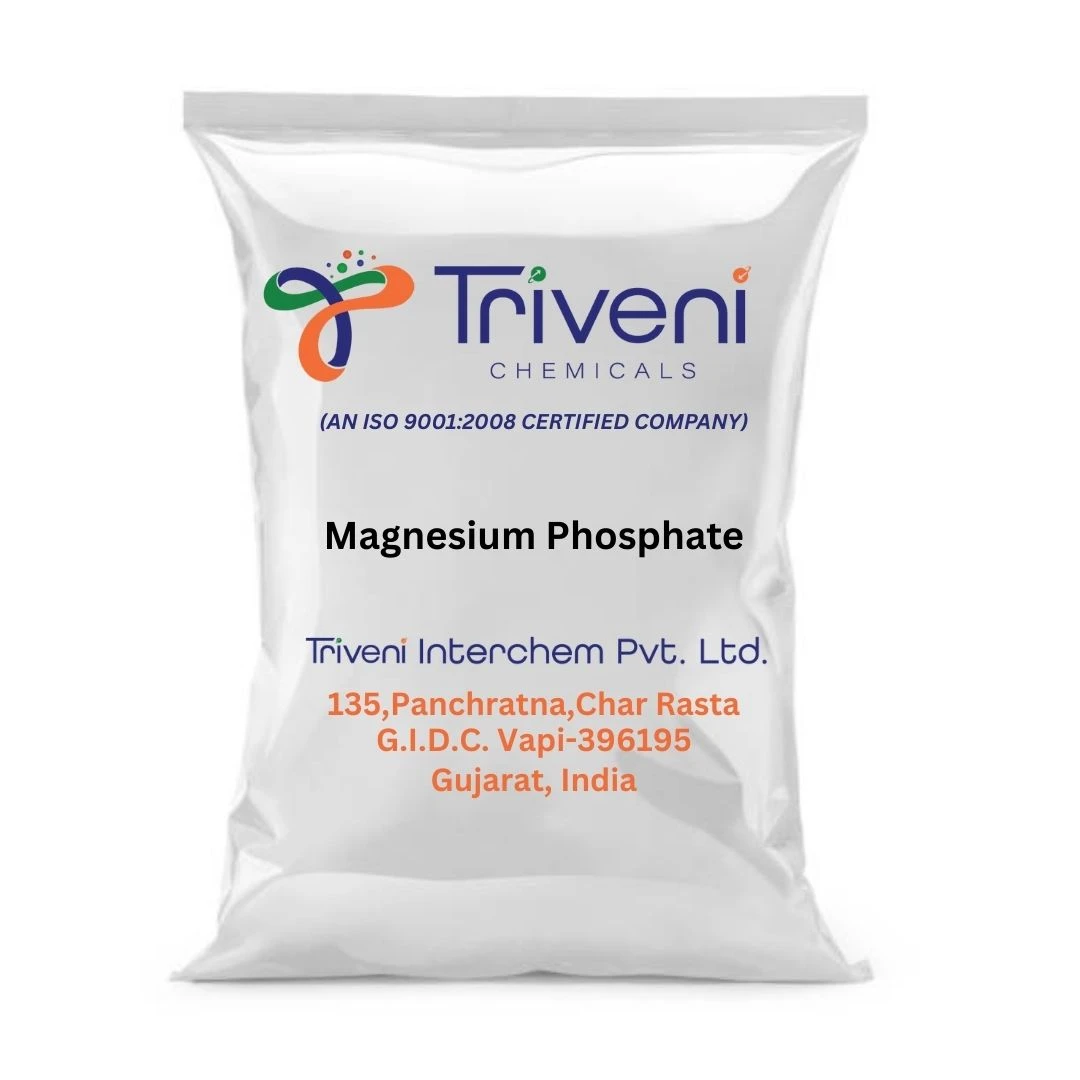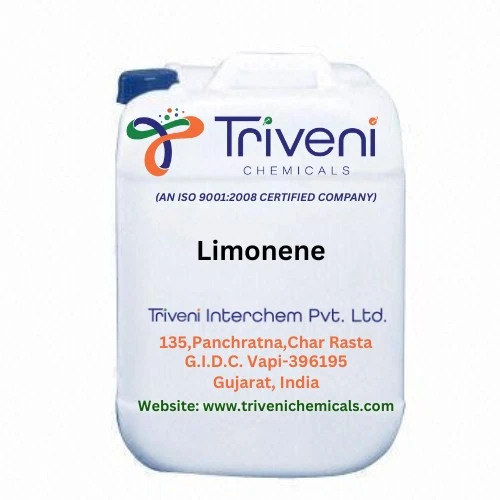Dietary supplements are a large category of goods that are intended to complement the diet and offer critical nutrients that may be lacking in one's usual food intake. These supplements are available in a variety of forms, including tablets, capsules, powders, and liquids, and are intended to augment rather than..
Dietary supplements are a large category of goods that are intended to complement the diet and offer critical nutrients that may be lacking in one's usual food intake. These supplements are available in a variety of forms, including tablets, capsules, powders, and liquids, and are intended to augment rather than replace a healthy diet. Here's a rundown of some of the most prevalent types and considerations for dietary supplements: Vitamins and minerals are micronutrients that are essential for bodily processes. Vitamin C, for example, helps the immune system, whereas calcium is necessary for bone health. While many people get these nutrients from diet, supplements can help persons with shortages or specific health conditions. However, excessive use might have negative consequences, stressing the significance of balance. Herbal Supplements: Herbal supplements are derived from plants, herbs, roots, and other natural sources and are used for a variety of purposes, including strengthening immune function, increasing energy, and assisting digestion. Echinacea, for immunological support, and ginger, for digestive health are two examples. It is critical to exercise caution because some supplements may interact with drugs or cause negative effects. Protein Supplements: Protein supplements, such as whey, casein, or plant-based proteins, are frequently eaten by athletes or anyone looking to gain muscle. They can be useful for people who need more protein, but they should not be used in place of full foods. Omega-3 Fatty Acids: Found in fish oil supplements, omega-3 fatty acids are well-known for their potential advantages in heart health, inflammation reduction, and cognitive function. These supplements are popular among folks who eat little fish. Probiotics are pills that contain helpful microorganisms that help with digestion and intestinal health. They can help restore gut flora balance, especially after antibiotics, and may help with disorders such as irritable bowel syndrome (IBS). It is critical to check with a healthcare expert or a qualified dietitian when contemplating dietary supplements. While supplements can be beneficial, they are not as strictly controlled as pharmaceuticals, resulting in variations in quality and potency. Furthermore, they are not a replacement for a healthy diet. A well-balanced diet, supplemented as needed and appropriate, can help to improve general health and well-being.
- Dietary Supplements – Products designed for nutritional support, linked to Dilated Pupils.





